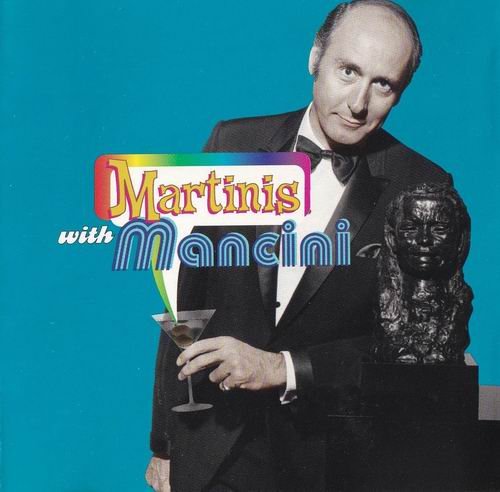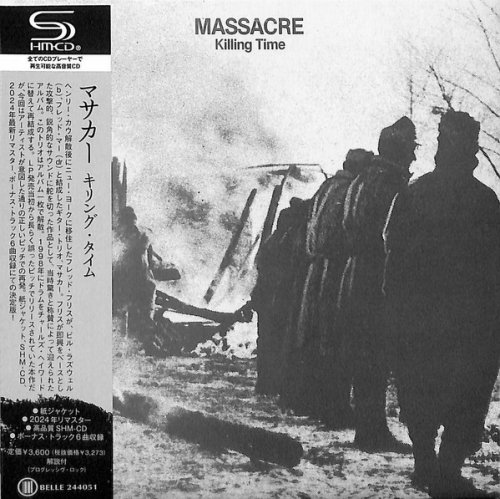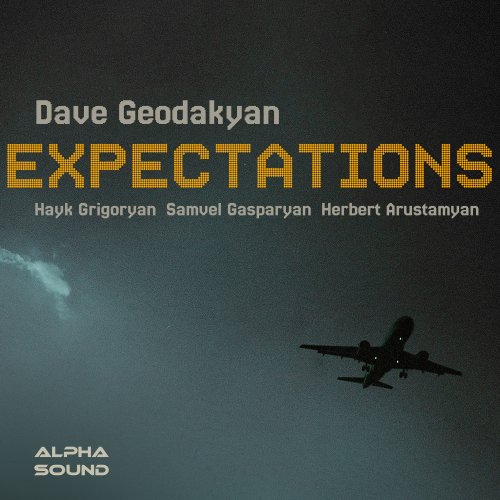Gérard Korsten - Weber: Euryanthe (2003)
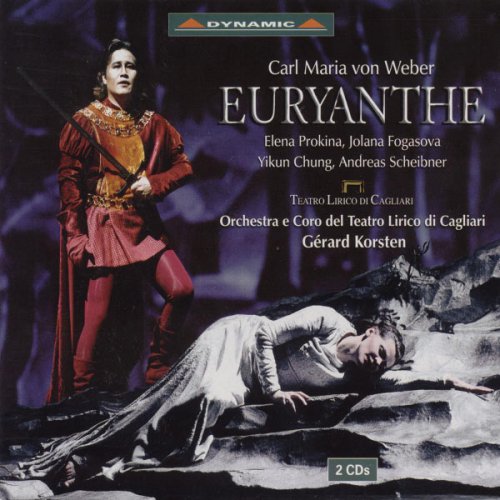
Artist: Gérard Korsten, Orchestra and Chorus of Teatro Lirico di Cagiari, Elena Prokina, Jolana Fogasova, Yikun Chung, Andreas Scheibner, Rosanna Savoia, Luca Salsi, Pavel Cernok
Title: Weber: Euryanthe
Year Of Release: 2003
Label: Dynamic
Genre: Classical
Quality: FLAC (tracks)
Total Time: 2:35:20
Total Size: 684 MB
WebSite: Album Preview
Tracklist:Title: Weber: Euryanthe
Year Of Release: 2003
Label: Dynamic
Genre: Classical
Quality: FLAC (tracks)
Total Time: 2:35:20
Total Size: 684 MB
WebSite: Album Preview
Disc 1
1. Elena Prokina – Overture (07:55)
2. Elena Prokina – Act I Scene 1: Dem Frieden Heil nach Sturmestagen! (Women, Knights) (07:00)
3. Elena Prokina – Act I Scene 1: Mein Adolar! so fern dem heitern Reigen? (King, Adolar, Lysiart) (01:16)
4. Elena Prokina – Act I Scene 1: Unter bluh'nden Mandelbaumen (Adolar) (03:24)
5. Elena Prokina – Act I Scene 1: Heil Euryanth', der Lieblichsten der Schonen! (Chorus) (00:51)
6. Elena Prokina – Act I Scene 1: Ich trag' es nicht! (Lysiart, Adolar, King) (03:09)
7. Elena Prokina – Act I Scene 1: Wohlan! Du kennst mein herrlich Eigenthum (Lysiart, Adolar, King, Chorus) (05:34)
8. Elena Prokina – Act I Scene 2: Glocklein im Thale! Rieseln im Bach (Euryanthe) (05:14)
9. Elena Prokina – Act I Scene 2: So einsam bangend find' ich Dich? (Eglantine, Euryanthe) (03:13)
10. Elena Prokina – Act I Scene 2: O mein Leid ist unermessen (Eglantine) (01:56)
11. Elena Prokina – Act I Scene 2: Freundin! Geliebte! an meine Brust (Euryanthe, Eglantine) (04:23)
12. Elena Prokina – Act I Scene 2: Unter ist mein Stern gegangen (Euryanthe, Eglantine) (03:24)
13. Elena Prokina – Act I Scene 2: Bethorte! Die an meine Liebe glaubt (Eglantine) (02:20)
14. Elena Prokina – Act I Scene 2: Er konnte mich um sie verschmah'n! (Eglantine) (03:02)
15. Elena Prokina – Act I Scene 2: Jubeltone, Heldensohne (Peasants, Knights) (02:18)
16. Elena Prokina – Act I Scene 2: Graf Lysiart, edle Ritter, seid willkommen! (Euryanthe, Eglantine, Knights, Lysiart) (02:04)
17. Elena Prokina – Act I Scene 2: Frohliche Klange, Tanze, Gesange (Euryanthe, Peasants, Eglantine, Rudolph, Lysiart) (04:16)
18. Elena Prokina – Act II Scene 1: Wo berg' ich mich? Wo fand' ich Fassung wieder? (Lysiart) (02:05)
19. Elena Prokina – Act II Scene 1: Schweight, gluh'nden Sehnens wilde Triebe (Lysiart) (03:54)
20. Elena Prokina – Act II Scene 1: So weih' ich mich den Rachgewalten (Lysiart) (02:54)
21. Elena Prokina – Act II Scene 1: Der Gruft entronnen, athme ich wieder (Eglantine, Lysiart) (03:05)
22. Elena Prokina – Act II Scene 1: Komm denn unser Leid zu rachen! (Eglantine, Lysiart) (04:10)
Disc 2
1. Elena Prokina – Act II Scene 2: Wehen mir Lufte Ruh (Adolar) (02:55)
2. Elena Prokina – Act II Scene 2: Sie ist mir nah! Mein Bangen war ein Traum! (Adolar) (02:10)
3. Elena Prokina – Act II Scene 2: Hin nimm die Seele mein (Euryanthe, Adolar) (02:42)
4. Elena Prokina – Act II Scene 2: Leuchtend fullt die Konigshallen (Princes, Knights) (01:54)
5. Elena Prokina – Act II Scene 2: Ich gruss Euch, edles Fraulein! (King, Euryanthe, Lysiart, Princes, Knights, Adolar) (02:06)
6. Elena Prokina – Act II Scene 2: Dies Engelsantlitz straft dich Lugen. Nein! (Adolar, King, Euryanthe, Lysiart, Princes, Knights, Chorus) (05:11)
7. Elena Prokina – Act II Scene 2: Lass mich empor zum Lichte wallen (Euryanthe, King, Lysiart, Adolar) (03:53)
8. Elena Prokina – Act II Scene 2: Komm! Euryanth'! (Adolar, Euryanthe, Chorus, Lysiart, King) (02:37)
9. Elena Prokina – Act II Scene 2: Du gleissend Bild, du bist enthullt! (Adolar, King, Lysiart, Chorus) (01:54)
10. Elena Prokina – Act III Scene 1: Hier weilest du? Hier darf ich ruhn? (Euryanthe, Adolar) (06:45)
11. Elena Prokina – Act III Scene 1: … Wie liebt' ich dich! Du warst mein hochstes Gut (Adolar, Euryanthe) (01:46)
12. Elena Prokina – Act III Scene 1: Du klagst mich an! O herbe Pein! (Euryanthe, Adolar) (02:10)
13. Elena Prokina – Act III Scene 1: Schirmender Engel Schar (Euryanthe, Adolar) (03:52)
14. Elena Prokina – Act III Scene 1: So bin ich nun verlassen (Euryanthe) (02:02)
15. Elena Prokina – Act III Scene 1: Hier dicht am Quell, wo Weiden steh'n (Euryanthe) (05:37)
16. Elena Prokina – Act III Scene 1: Die Thale dampfen, die Hohen gluhn! (Chorus of Hunters) (01:55)
17. Elena Prokina – Act III Scene 1: O seht! Die Schlang' erlegt von starker Hand! (King, Chorus) (00:38)
18. Elena Prokina – Act III Scene 1: Lasst mich hier in Ruh erblassen (Euryanthe, King, Chorus) (02:22)
19. Elena Prokina – Act III Scene 1: Zu ihm, zu ihm! O weilet nicht! (Euryanthe, Chorus) (04:08)
20. Elena Prokina – Act III Scene 2: Der Mai bringt frische Rosen dar (Bertha, Rudolph, Peasants) (01:36)
21. Elena Prokina – Act III Scene 2: Gibt keine Treu' auf weiter Erde mehr (Adolar, Peasante, Bertha) (02:23)
22. Elena Prokina – Act III Scene 2: Vernichte kuhn das Werk der Tucke (Peasants, Adolar) (00:55)
23. Elena Prokina – Act III Scene 2: Wedding March: Das Frevlerpaar! Weh! diesem Bunde! (Peasants, Adolar) (01:22)
24. Elena Prokina – Act III Scene 2: Ich kann nicht weiter! Todesschauer (Eglantine, Peasants, Lysiart, Adolar, Chorus) (04:05)
25. Elena Prokina – Act III Scene 2: Trotze nicht, Vermessener! (Peasants, Lysiart's Armed Soldiers, Adolar, Lysiart) (01:54)
26. Elena Prokina – Act III Scene 2: Lasst ruhn das Schwert, der hochste Richter naht (King, Adolar, Eglantine, Chorus, Lysiart, Chorus of Hunters) (05:15)
27. Elena Prokina – Act III Scene 2: Hin nimm die Seele mein! (Euryanthe, Adolar, Chorus) (03:23)
After his success with Freischütz, Weber wanted to write a grand romantic opera and in the end the subject of Euryanthe was chosen, a tale inspired by a legend going back to the thirteenth century. Euryanthe is characterised by music of inspiration and originality such as is rarely found in the history of German opera in the first half of the nineteenth century. The Italianisms that are occasionally glimpsed in Freischütz are eliminated almost completely. Euryanthe is set to music in its entirety with accompanied recitative passages that are often of great beauty. We might say that in an opera that has many experimental features Weber sought for the first and only time in his life to overcome the traditional dichotomy between spoken and sung parts, between recitative and closed numbers, creating a highly supple musical structure in which the various numbers, arias, duets, choruses and recitative passages are linked without any apparent interruptions. There are those who see in this new operatic structure particularly longsighted anticipations of choices that would be made by the young Wagner, whose debt to Weber seems particularly clear on an attentive listening to Euryanthe. Robert Schumann was a convinced admirer of this opera set to music wholly from start to finish, on the model of Italian opera, but deeply German in its language and contents. As ever, when he was speaking of German music, Schumann was expressing a judgement that we might today define as absolutely perfect and in which we concur with every word.
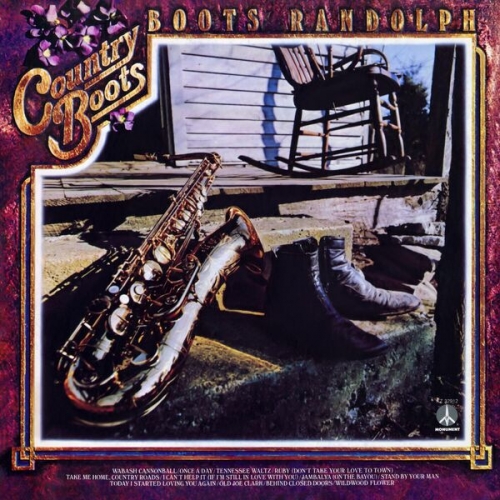



![Lionel Hampton - Jam Session in Paris (Remastered) (2022) [Hi-Res] Lionel Hampton - Jam Session in Paris (Remastered) (2022) [Hi-Res]](https://www.dibpic.com/uploads/posts/2025-12/1766737729_lhjp500.jpg)
